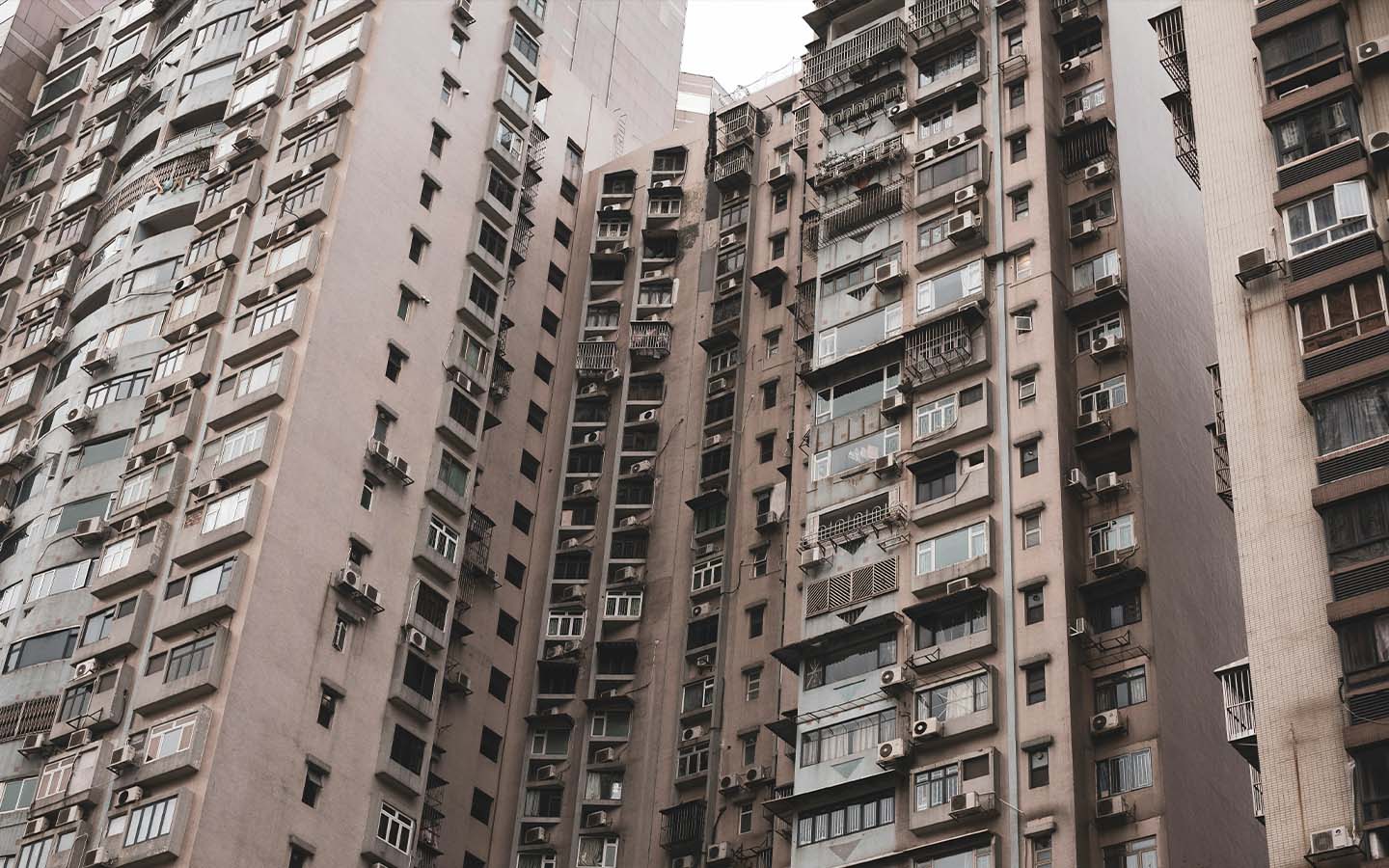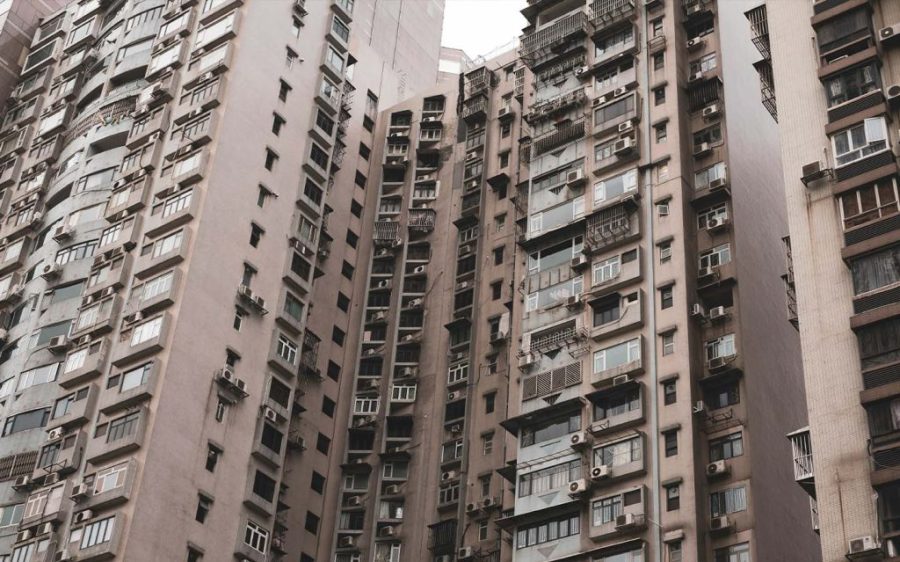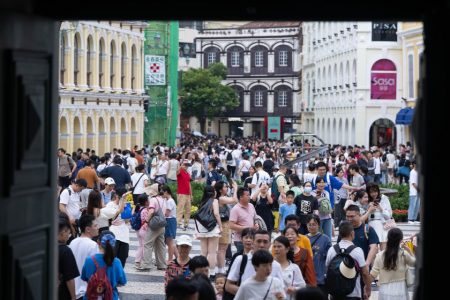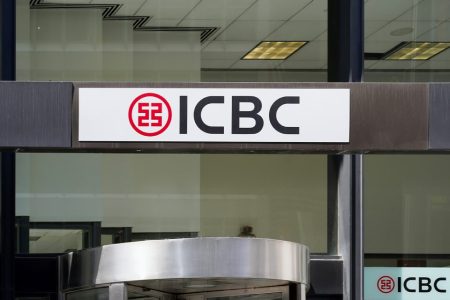Macao’s steadily sinking residential property prices will have a detrimental effect on society and the economy, according to real estate representatives.
According to TDM, the founder of Centaline Property Agency, Shih Wing Ching, said at a seminar yesterday that as residents “feel their assets’ value evaporate,” they will be less inclined to spend money, undermining Macao’s economic recovery.
Shih and others at the seminar called on the government to remove all remaining cooling measures – as Hong Kong has just done – to spur activity in the housing market, the broadcaster reported.
[See more: The property market is down 5.6 percent year-on-year]
Chong Sio Kin, president of the Macau General Association of Real Estate, said that Macao’s cooling measures were “no longer applicable.”
“We are suggesting that the government fully remove the three property taxes, namely stamp duty on acquisition, additional stamp duty and special stamp duty,” he said.
“It would help the real estate market return to the free market and develop the real estate sector healthily.”
[See more: Hong Kong scraps all property market cooling measures]
The latest calls on the government echo earlier suggestions from real estate company Jones Lang LaSalle (JLL). “If Macao can be a 100 percent free market, the confidence will be regained, which will be beneficial for the market,” JLL Macau’s general manager said last month.
This year, the government relaxed some of its cooling measures – implemented in 2010 in an effort to curb property speculation – including scrapping a 5 percent stamp duty aimed at buyers of second homes.
However, official figures show that the volume and value of residential properties sold in 2023 are languishing at about 65 percent of 2019’s pre-pandemic levels. Year-on-year, the residential property price index is down 5.6 percent, and has fallen for 7 consecutive reporting periods.






